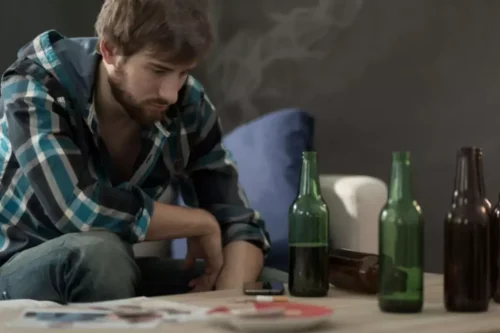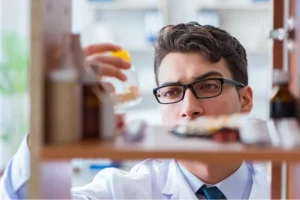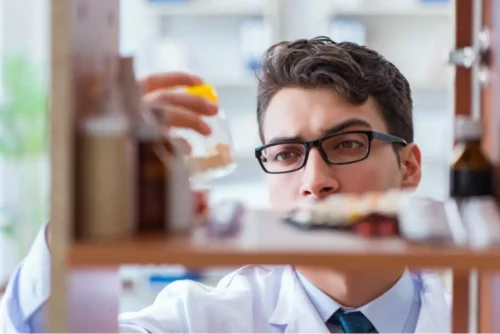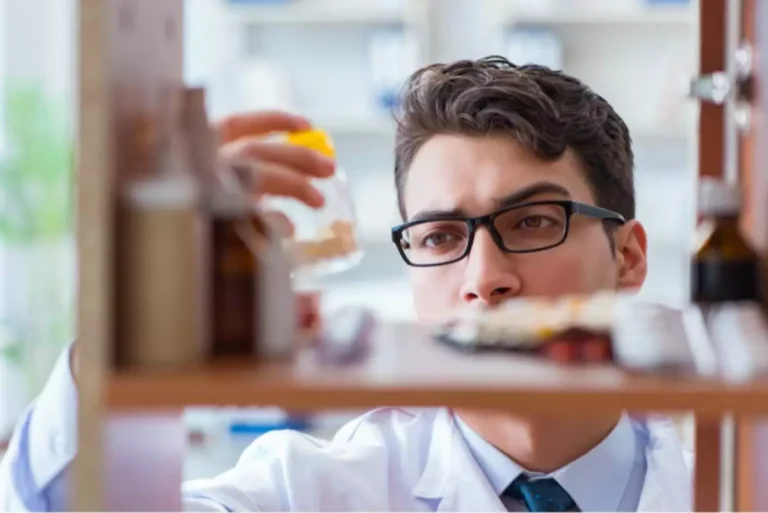
The mood disorders that most commonly co-occur with AUD are major depressive disorder and bipolar disorder. In the DSM-5, AUD requires at least two symptoms, whereas DSM-IV alcohol abuse required only one symptom. Also, from DSM-IV to DSM-5, modifications were made to the symptoms that were included as diagnostic criteria. For example, the criterion of legal problems related to alcohol was removed, and the criterion of alcohol craving was added.
Alcohol and Depression FAQs
Generally, you should limit your intake to 14 units of alcohol in a week — this is equal to six standard glasses of wine or six pints of lager. Be sure to spread those drinks out evenly over the week and have drink-free days in between. Chronic alcohol use may change brain chemistry in a way that increases the risk of depression. In addition, attempting to stop drinking and going through withdrawal can worsen depression, making it even harder to quit. Persistent depressive disorder (PDD) has milder symptoms than MDD but lasts longer.

What causes depression and alcohol use disorder?

Secondly no past psychiatric history of depression or family history alcoholism symptoms of mood disorders was obtained from the participants at intake. If you don’t have alcohol dependence, you can stop drinking alcohol. Most people will feel better in a couple weeks, and the depression will get better. If you still have depression after 4 weeks of not drinking, talk to your doctor. As noted previously, for patients with more severe disorders or symptoms, consult a psychiatrist (one with an addiction specialty, if available) for medication support, as well as a therapist with an addiction specialty for behavioral healthcare. See the Resources, below, for an NIAAA tool to help you locate these specialists.
What to know about alcohol and depression
- Her fields of interest include Asian languages and literature, Japanese translation, cooking, natural sciences, sex positivity, and mental health.
- Men, on the other hand, often begin to develop alcohol dependency first and then develop depression.
- Participating in 12-step programs can improve treatment outcomes and help people stay sober during recovery.
- Instead, remind yourself you can do things differently next time.
It’s not uncommon to use alcohol to cope with difficult feelings and experiences. You may not realize how much alcohol you’re actually drinking in a week. A good first step is to keep a record of how much alcohol you drink and of when you don’t drink throughout the week. Drinking alcohol excessively can also get in the way of other activities, your relationships, and your self-esteem, which can further affect your mental health. A combination of alcohol use and depression can create difficulties in treatment. A person who uses alcohol and who has depression may not be able to tell which symptoms are due to which issue until they seek treatment.

When patients have sleep-related concerns such as insomnia, early morning awakening, or fatigue, it is wise to screen them for heavy alcohol use and assess for AUD as needed. If they use alcohol before bedtime, and especially if they shift their sleep timing on weekends compared to weekdays, they may have chronic circadian misalignment. If they report daytime sleepiness, one possible cause is alcohol-induced changes in sleep physiology. Some clinical features of AUD may also precipitate sleep disorders, such as a preoccupation with obtaining alcohol and AUD-related psychosocial stressors.

There is a strong link between alcohol use and depression, a mental health condition that includes feelings of hopelessness, emptiness, fatigue, loss of interest, and more. But does regular drinking lead to depression, or are people with depression more likely to drink too much alcohol? Many randomized trials have investigated treatments for co-occurring AUD and depressive disorders.
Effects of Depression: Physical, Social Effects of Depression

Spending time in nature can also have health benefits, including improving your mood. If the sun is out, that’s even better — sunshine can trigger the release of serotonin, which can help relieve depression. Even if they don’t improve immediately, you’ll probably have an easier time doing something about them when you don’t have to deal with physical symptoms, too. Alcohol can affect the areas of your brain that help regulate emotions. You might start drinking in order to forget what’s on your mind, but once the initial boost begins to wear off, you might end up wallowing in those feelings instead.
This co-occurring disorder isn’t uncommon, but it can be difficult to treat. In an attempt to alleviate depressive symptoms, many people engage in drinking. Drinking reduces the levels of serotonin in your brain, influencing mood and causing depressed feelings. Consenting participants aged 18 years and over were included in the study if they were alcohol-dependent with an AUDIT score of 15–40 (for males) and 13–40 for females.
- It’s not always clear if depression makes you drink or vice versa.
- When you have healthy habits in place to cope with unwanted feelings, you’ll probably find it easier to use these strategies to push back against distressing emotions you might experience while drinking.
- They also cause increased problems for the person who lives with depression and uses alcohol.
- Research from 2011 found that having an alcohol use disorder significantly increased a person’s risk of having depression.
- Several medications and behavioral treatments can help with both depression and AUD.
The use of medication to treat an alcohol use disorder and a major depressive disorder depends entirely on the individual and their circumstances. A dual diagnosis can be complicated to treat, no matter the circumstances. The most common treatment options are included below, but know that recovery requires a personalized treatment plan that best suits your mental health needs. “Other studies have shown that people with depression have more long-term physical health conditions, but they can’t tell us which came first,” said lead study author Kelly Fleetwood, MSc, a statistician at the University of Edinburgh. Researchers from the University of Surrey, England, revealed that mindfulness, sleep quality and alcohol consumption may link being a night owl with a greater risk of depression among young people.
- Talk to your doctor and work out a plan to safely lower your alcohol consumption.
- But depression and anxiety sometimes go together – feeling anxious and worrying constantly can make you feel low.
- Others might begin feeling depressed or anxious after just one drink.
- In addition it is important to obtain family history of mood disorder and life time diagnosis of depression since the presence of such histories puts the individual at a greater risk of developing major depression.
- This co-occurring disorder isn’t uncommon, but it can be difficult to treat.
Alcohol Addiction & Depression
People may wish to seek quality psychological care from a doctor, therapist, or both. Several studies, including a 2013 study that used a nationally representative sample, have found that people who drink to manage a psychiatric condition are more likely to abuse alcohol. When psychosis is suspected, a general physical and neurological exam should be performed to exclude medical causes such as subdural hematoma, seizures, or hepatic encephalopathy—any of does alcohol make depression worse which may be a consequence of AUD. Again, it’s important to create a timeline of mental health symptoms and alcohol use and to collaborate as needed with mental health specialists for selection of pharmacotherapies and psychosocial interventions.


评论